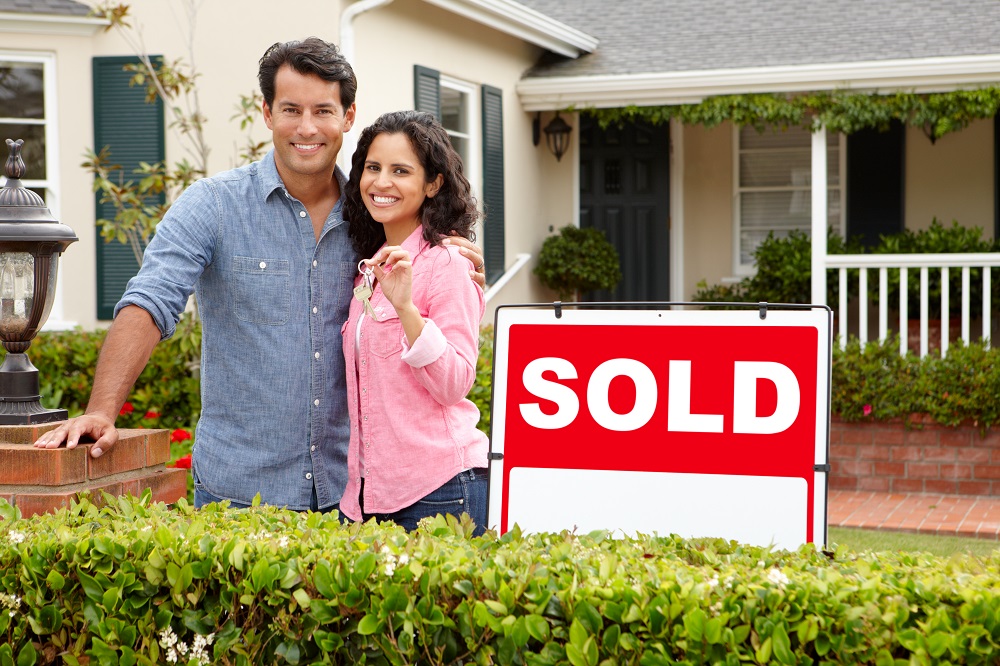The child welfare system isn’t perfect, not by a long shot. But it’s proven to be an effective way to give children from neglectful and abusive households a greater chance at having a better life — far better than the ones they were destined to have if they remained where they are.
Every 47 seconds, a child is forced to suffer through abuse or neglect all over the country. That’s 1,844 children that are harmed and kept unsafe inside their own homes every single day. If those kids are being put in harm’s way by their own families, what’s to stop others from doing so?
Those numbers are enough to put a shiver down your spine, and that doesn’t even include all the cases that go unreported. The idea that there are so many other kids who are abused and neglected by their own parents should raise your sense of urgency, and yet you can only feel helpless or powerless.
This is no longer a coincidence but rather a systemic problem that needs to be stopped, or else more children will suffer at the hands of neglectful and abusive adults. The child welfare system can only do so much to help kids, limited by their financial and legal capabilities in the process.
What happens when there is child abuse or neglect at home?
The Child Protective Services (CPS) can only become involved in cases when receiving a report about a suspected child being maltreated. In federal law, child maltreatment can come in the form of serious harm such as neglect, physical abuse, sexual abuse, or emotional abuse.
Maltreatment isn’t always obvious, like black eyes or bruises. Sometimes, neglect can be as simple as not allowing the child to attend preschool or be exposed to kids their age because they are purposely locked at home. Other times, abuse can be emotional, such as withholding affection and attention from children when they most need it.
Any parent or primary caregivers such as extended family members or guardians can become suspects in a CPS case involving maltreatment. When the CPS receives the report, they often investigate the household involved and take the child into custody, especially if they are proven unsafe at home.
How can the cycle of abuse be stopped?

There have been plenty of situations where the abuser can be oblivious to their harmful actions, particularly if they were victims of abuse themselves. But sometimes, they can also be dealing with mental disorders or substance abuse problems, which can make them immediately unfit to be raising a kid.
This is how the culture of violence and maltreatment becomes a cycle that is rather hard to break. The children who grew up in an abusive or neglectful household can oftentimes create the same environment for their family in the future, but mainly because they know no other way.
Several organizations have been developed for the sole purpose of helping prevent child abuse and neglect before they even happen. For instance, Prevent Child Abuse America raises awareness about such issues and how they can be dealt with before the matters get out of hand.
What about foster care and group homes?
Through such prevention initiatives, both communities and households alike can learn more about the dangers of child abuse, as well as how these can be prevented to keep the children with their families instead of in the system.
The child welfare system is a refuge for abused kids, but it’s always better for children to be safe inside their own homes. Those who have no choice but to be entered into the system do so in the form of foster care, in which they can be placed in the custody of relatives, foster families, or group homes.
In cases where reunification with the birth family isn’t possible, most children often find permanency in adoptive homes or a relative’s care. Teenagers and adolescents aren’t as lucky to be adopted because most of them live in group homes until they grow out of the system.
When that happens, the kids are left to fend for themselves against the cruel world, devoid of parental affection and nurturing that they should have gotten growing up. And unless they get the support or help they need to resolve their issues, they might restart that entire cycle of abuse once again.
Every child is supposed to grow up in a loving home with a complete family that supports them. But sadly, that idea of a perfect household is closer to a fairy tale story than reality. And it has been for all the children that have suffered through abuse at the hands of their own families.



